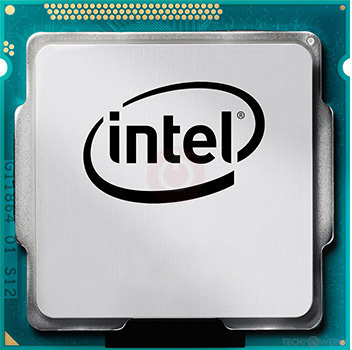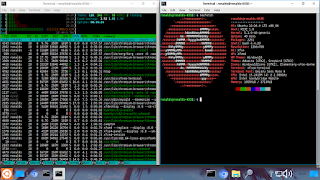I wanna start with upsides - 1)freedom, access, and usability 2)security 3)community
I am big linux fan, BUT it seems like there are a lot of downsides for Linux on desktop pc for certain uses and variants. (In present time but 10 years ago, when people migrated from Windows Xp first time, and bought new PC's)

1)graphics drivers aren't so good for some devices - one of most important things for a perfomance, and If You got a pretty modern PC, but not the newest ones, that You would use to play media, You want to have atleast decent video playback on online videos, not even talking about games (Some games work really good and just the same on Linux, but it really differs). And since resolutions are making extreme leap from full HD to even 8k, Your modern PC might struggle to get decent playback quality. YouTube compression, makes videos that are recorded beyond 480p enjoyable only in there original resolutions, but videos that are recorded beyond 1080p are enjoyable in 1080p. Full HD is kinda standart Your PC needs to be able to run, but since Linux graphics drivers aren't written so good, Your PC might need better specs for quality playback. It really differs per specifications, so Linux might not be a best choice to binge watch YouTube, if You don't have newer better supported graphics card.

2)User interface that does not suck, might need better specs on Linux. Since drivers for Windows gives better performance in some cases, it gives Windows advantage to have decent window effects. Again, Linux has beautiful effects and options, but if Your graphics card aren't able to run them, You are stuck to use desktop environment without better visual feedback. But if Your PC is good enough, Linux provides much more choice, thought, even Linux user land should take a note from such newer Windows versions, such as Windows 7 - since most PC's come with Windows by default, it's user interface is a big example to every Linux distro out there - it has start menu that searches files, file explorer that searches files, and it just looks and works like a most used OS should look like, BUT it's not like Linux does not have GUI as good - it's just not working without good specs.
These two points are most meaningful, and they are the biggest reasons, why Linux can't be a way to go for some PC's that have hardware, that is just not as supported for Linux as it is for desktop PC industry's leaders. Times might change in future where hardware capability's hit the limit for software and these issues will not, be issues for computer users that wan't free and open source operating systems, but still want to enjoy what PC has to offer.

Right now, Linux has totally won the battle on server side, embedded devices etc and freedom change the software and it's capability's, and that is a big step for greater good of humanity. Linux offers things that give PC's more uses and that is why it's still the best OS for most systems and devices that serve greater purpose for real life implications.
That said, we can expect more free information and knowledge to be available trough technology, and international laws should disallow big tech company's to build monopoly on device functionality - which is the main reason Linux might fail to be a choice for some average PC user, that PC that has limited hardware capability support, but that might not be a problem in the future.




Nav komentāru:
Ierakstīt komentāru